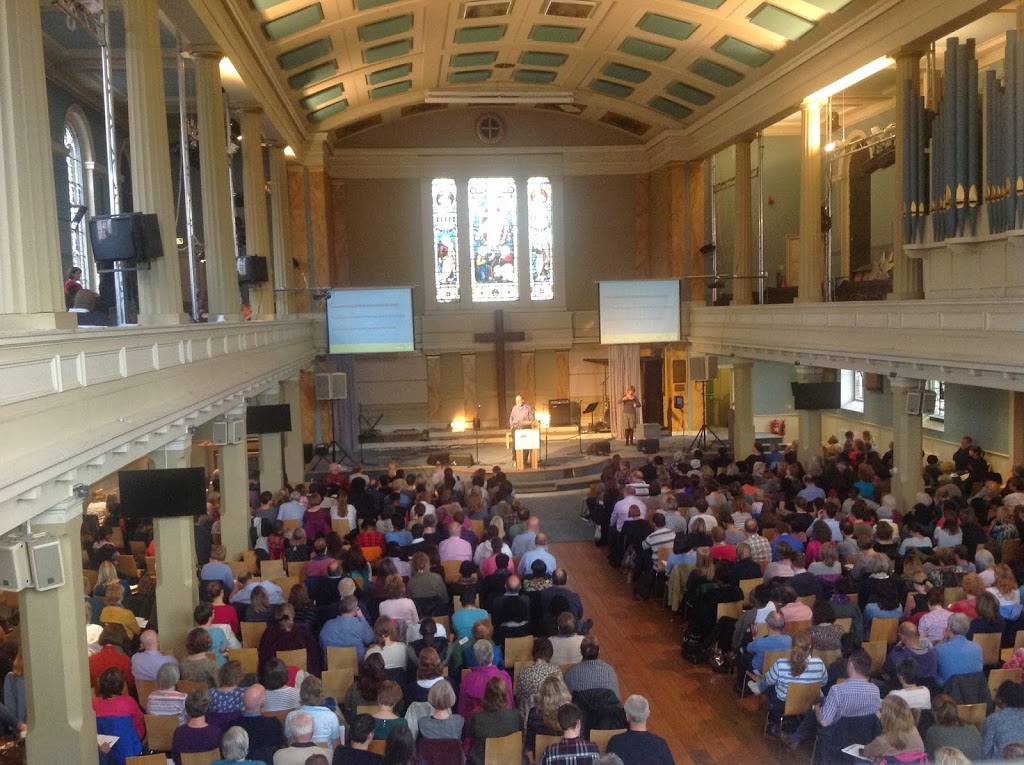Car-loving people of a certain age begin to yearn for the vehicles of their youth. Penny’s birthday present to me was a ticket to a classic car experience at the Heritage Motor Museum. I spent Saturday soaked in nostalgia and sentiment. It was a good soak.
We were treated to talks on classic car ownership, demonstrations of classic car maintenance and trips in classic cars. My ride was a 1959 Morris Minor. Yes, even older than me! This car had been on the road for two years before I was born.
I wasn’t sure what to expect as I drove up to the museum (old cars, old men and significant beards were all in my mind). Some of my assumptions were proved right, and some wrong. For example, the man driving the Moggie (nickname for Morris Minors) was 23 years old. Younger than my son.
Tom bought his first car at 15 years of age, and currently owns several classic cars, restoring and maintaining them as a hobby. We drove for 20 minutes, and he talked about his car and love of cars for 19 1/2 of those minutes. Unbridled enthusiasm poured out of him as we trundled towards our destination. A word in edgeways I could not insert. Ordinarily this would bother me, but on this occasion I simply sat back and enjoyed basking in someone else’s passion.
 Part of what was going on in my mind was a silent self-rebuke regarding my ageist assumptions. Here was a young man (a young woman also brought a spectacular Singer) confounding my prejudices. It made me reflect on who I think may or may not be open to finding a relationship with God. It’s so hard not to pre-judge someone’s openness to the gospel based on my own experience. Jesus was not like this. He spoke to every type of people the society of the day would have shunned.
Part of what was going on in my mind was a silent self-rebuke regarding my ageist assumptions. Here was a young man (a young woman also brought a spectacular Singer) confounding my prejudices. It made me reflect on who I think may or may not be open to finding a relationship with God. It’s so hard not to pre-judge someone’s openness to the gospel based on my own experience. Jesus was not like this. He spoke to every type of people the society of the day would have shunned.
A short list: a gentile (Matt 8.8), a ‘sinful’ woman (Lk 7.37), a sick person (John 9.1ff), an unclean person (Matt 8.2-3), a Samaritan (John 4.7ff) and many others.
Who do I not speak to? The old, the young? The educated, the uneducated? The smart, the shabby? Which skin colour, sexual orientation, social group do I avoid?
The New Testament is drenched in references making it clear that, as the angel said, “I bring you good news that will cause great joy for all the people.” (Luke 2:10 NIV11). Peter said, “The promise is for you and your children and for all who are far off—for all whom the Lord our God will call.” (Acts 2:39 NIV11), and he and the early church came to understand that “even to Gentiles God has granted repentance that leads to life.” (Acts 11:18 NIV11).
The unexpected spectrum of motor enthusiasts reminded me to reassess my assumptions. How about you? What helps you to see people as people, and not as labels? Add a comment to the blog and spur us on to treat all people as Jesus would.



